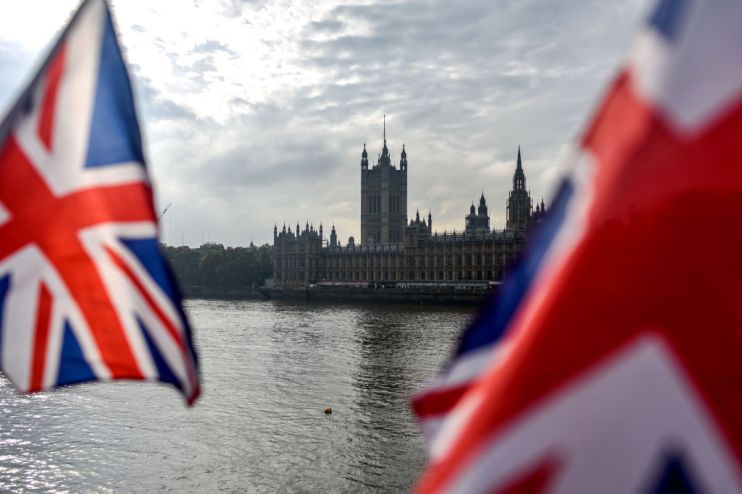Cut the pessimism, free trade is a huge opportunity for the UK

The irony of the Brexit debate has always been that, while the value of continued trade with the EU is (quite rightly) regarded as of great importance, the potential of Britain being able to make our own trade deals around the world has been virtually ignored — or worse, demonised.
Let’s start with the US. During the General Election campaign, the focus has been on the implications of a free trade deal with America. The message has been that it would be diabolical.
Jeremy Corbyn was hot off the mark, claiming that it would mean “maggots in orange juice are allowed”. This is based on the US Defect Levels Handbook which specifies “the maximum number of foreign bodies” in food products, mandating that it must be kept down to a tiny level to avoid risk.
As the science writer Tom Chivers commented: “There is, absolutely, rodent hair in peanut butter made in the EU, and maggots in EU-regulated orange juice. The fact that the levels are not explicitly limited does not make that any less true — in fact, you could argue that the US approach is both more honest and more stringent than the EU version. At least they have a hard limit on how much rat poo is allowed in a pound of ginger.”
Then there was the claim that a trade deal with the US would force the NHS to spend more on drugs. Regulations over patents obviously need to balance an incentive to produce new medicines without the process being extortionate.
Sometimes the Americans have got the balance wrong — which is why insulin is much more expensive in the US than in Europe. But it is also possible to go too far the other way. Corbyn’s plans of capping drug prices, for example, threaten innovation in the pharmaceutical industry and could actually prevent new drugs from becoming available.
The key point is that a US trade deal will not require us to change our rules to spend more on drugs. That is because no UK government would agree to such terms.
Of course, some have then suggested that no deal would be available at all, as there would be “nothing in it for the Americans”. Such comments show a lack of appreciation for the scale of such deals — as well as a basic failure to grasp that trade is mutually beneficial.
This is because it makes sense for everyone to specialise in what they are best at. Adam Smith explained it all in The Wealth of Nations, published in 1776. The theory has since been proven in practice throughout history. Free trade has provided the most extraordinary reduction in poverty in developing countries, while also further enriching the western world. Countries that liberalise flourish — those that put up barriers do not.
Amid all this muddled fretting about doing less trade with the EU and more trade with the US, the rest of the world seems to have been forgotten. For instance, our role in the Commonwealth gives us an excellent network to have free trade with our old friends. It has 53 member states and comprises 2.4bn people.
Trade secretary Liz Truss had pledged that when the UK takes up its own seat on the World Trade Organisation “we will be unapologetic in fighting the forces of protectionism”. Apart from the Commonwealth, she is looking for the UK “to enter agreements with free-market democracies such as Japan and South Korea”.
Brazil is another important example. That country’s foreign minister, Ernesto Araujo, is keen for a deal with the EU. But there is great scope for a better deal with the UK, with fewer barriers. Then there is eastern Africa, a region of growing importance. The Initiative for Free Trade has produced a report with examples of the potential, including the Kenya-UK tea trade.
So we need to shake off the pessimistic mentality. There are plenty of friendly people around the world who are keen to do more business with us. Brexit will make it easier for us to get on with it.
Main image credit: Getty